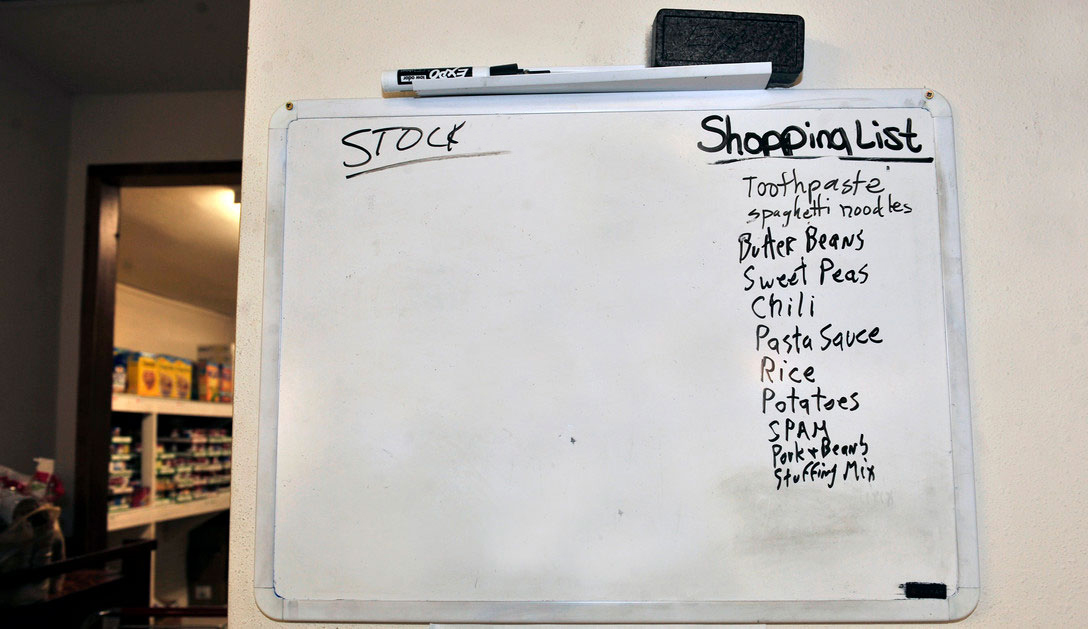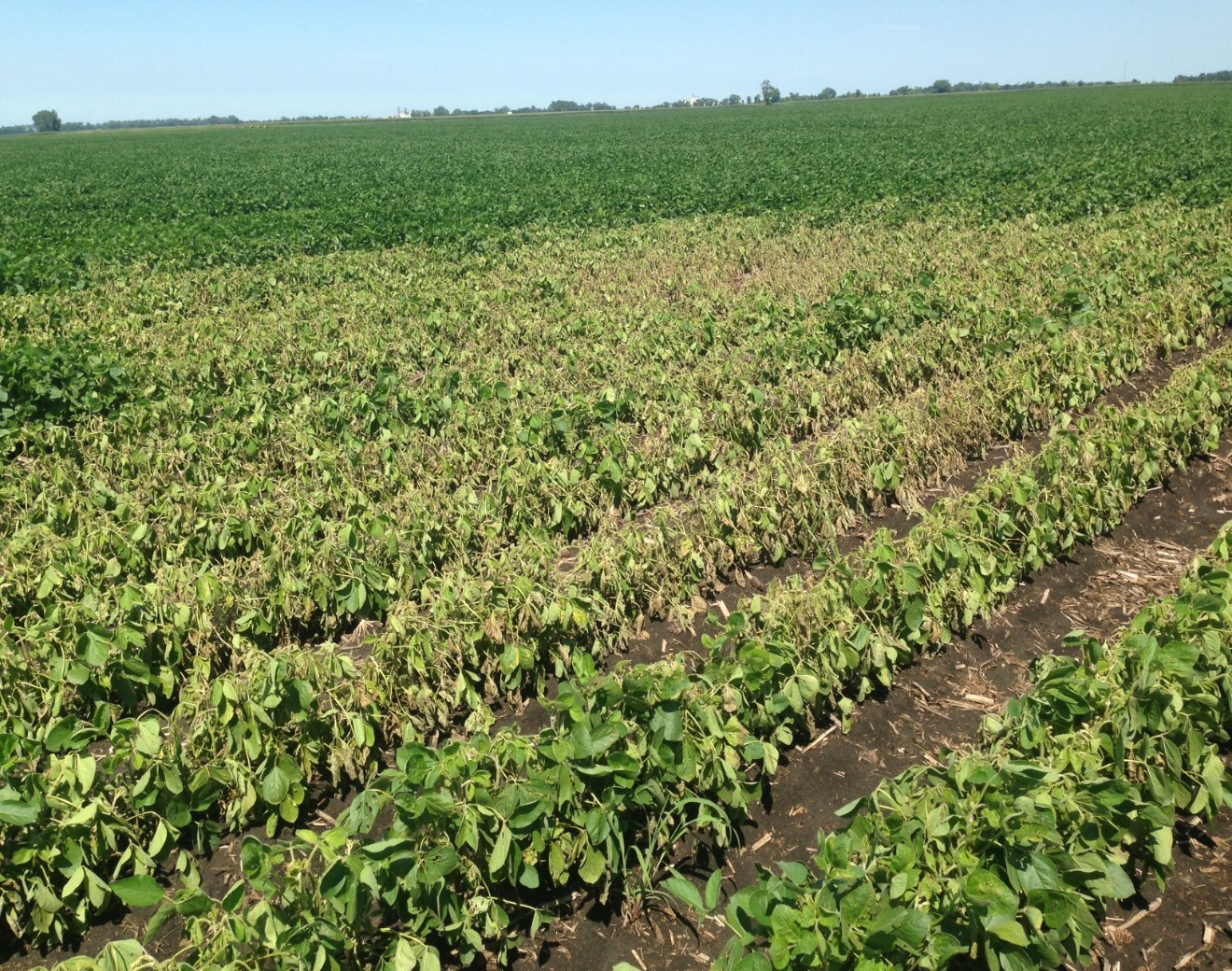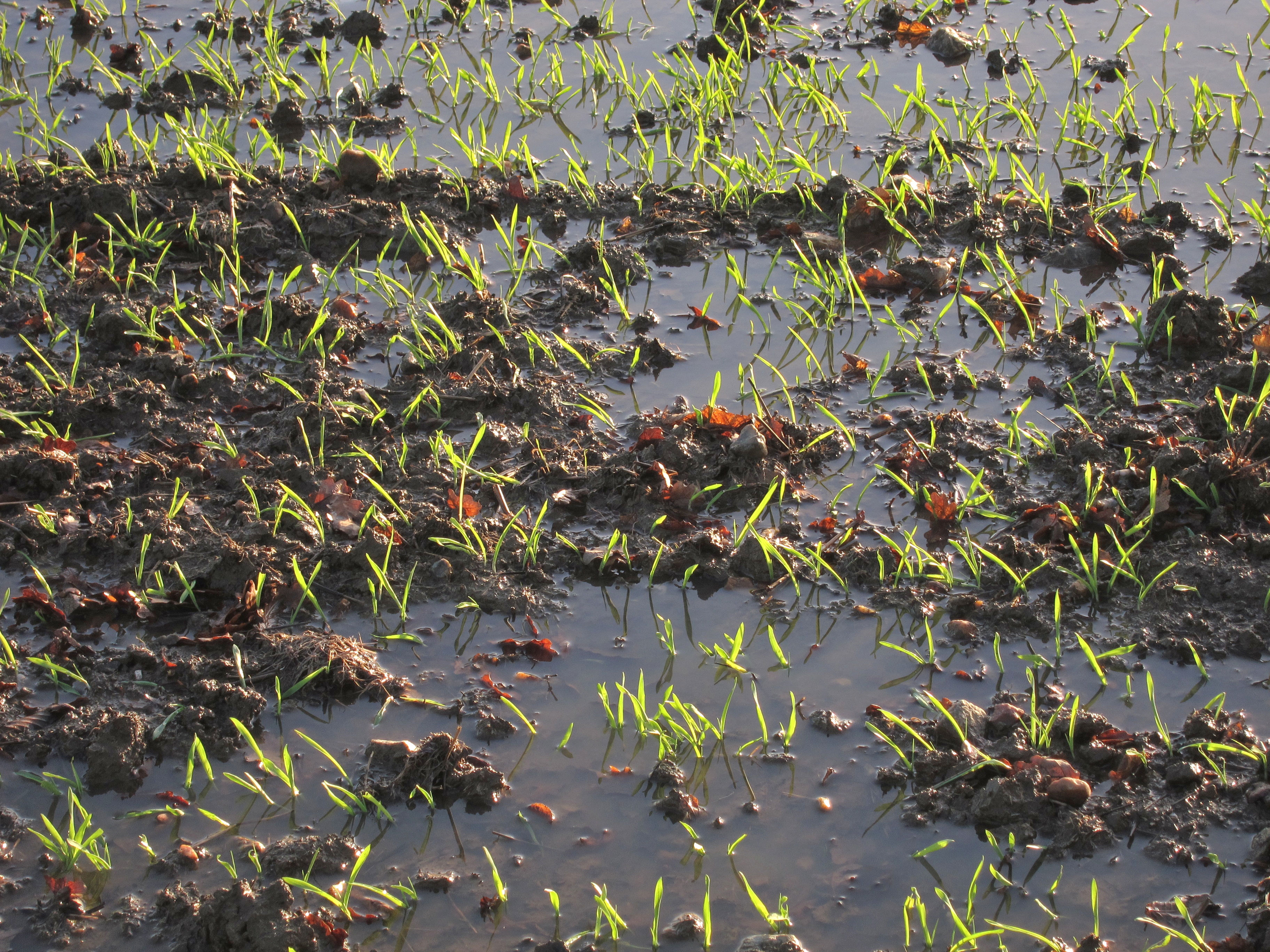Search

Helpful Food & Shopping Tips During Unexpected Events
When faced with unexpected events, such as a health crisis or natural disaster, planning meals and grocery shopping often comes to mind along with questions: What should I plan to make? What groceries do I need?

How to Make a Safe Hot Sauce
Hot sauces can be made to with a combination of several different ingredients to give unique flavors and heat that consumers enjoy. There are many considerations that should be made on how hot sauces are processed, formulated and packaged.

South Dakota Licensed Kitchen Process
Interested in selling food products in a retail establishments? Licensed kitchens are the place to start. Learn the steps for building a licensed kitchen in South Dakota along with rules, regulations and guidelines for processing foods in existing licensed kitchens.

High-Quality and Affordable Protein Options
Protein is an essential part of the human diet and can come from many sources. Learn about some diverse protein options to build resiliency when certain proteins are experiencing shortages or increased costs.

Replanting Considerations
Every season weather events such as hail or flooding can damage or destroy previously planted crops in all or in portions of fields. In May or even early June, many producers will replant these areas. As the end of June approaches, the window for replanting narrows and producers may want to do a more careful evaluation of whether or not to replant.

Wet Feet in Wheat
Given the widespread wet conditions present this spring, there are many areas in winter wheat fields with both ponding and saturated (or waterlogged) soils. Producers may want to consider soil conditions and evaluate extended weather forecasts when deciding whether or not to retain a winter wheat this spring.